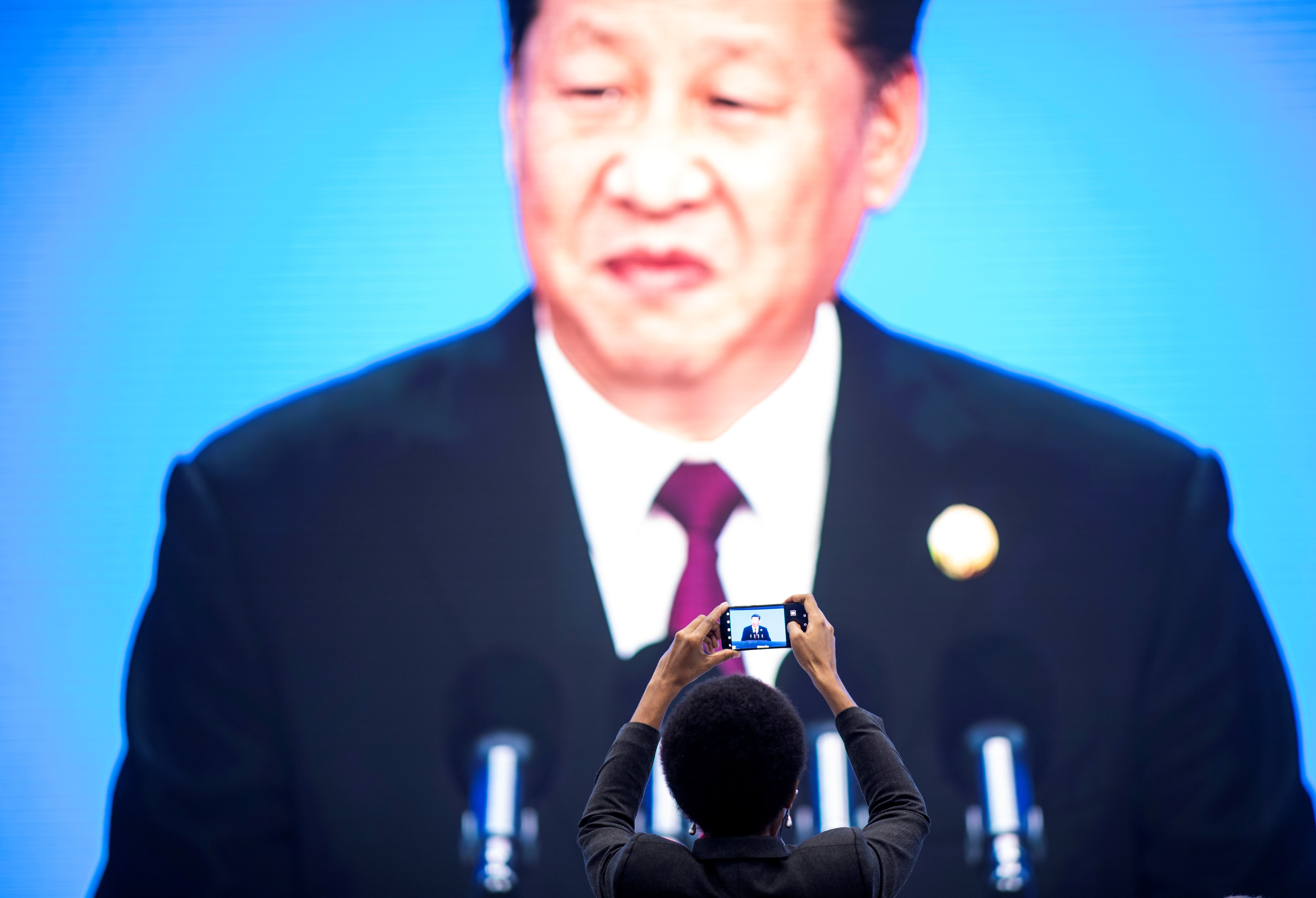BY PETE SWEENEY
American executives who prayed for a trade war truce are a disappointed lot. Following the arrest of Huawei’s chief financial officer in Canada, they’ve been sent to the front lines.
President Donald Trump is focused on the trade deficit. But administration hawks also want to thwart Beijing’s “Made in China 2025” plan to build state-subsidised global champions in sectors like aviation, artificial intelligence, and communications. The 90-day tariff freeze Trump negotiated with Xi Jinping has only halted hostilities in one corner of a vast battlefield.
Meng Wanzhou could be the first big casualty of American extraterritorial force. The United States alleges the Huawei executive violated its sanctions on Iran. Whether she did or not, arresting the daughter of the telecommunications equipment maker’s iconic founder Ren Zhengfei fires a loud shot across China Inc’s bow. Ditto for the October extradition of a Chinese intelligence agent from Belgium to face U.S. industrial espionage charges.
China could retaliate. It has already detained Canadian ex-diplomat Michael Kovrig, according to Reuters; his employer, International Crisis Group, says it is seeking his release. Huawei’s American rival Cisco Systems told employees not to travel to the Middle Kingdom after Meng’s arrest, although it later backtracked. Reuters reported the U.S. State Department is considering warning citizens not to visit the People’s Republic.
That might be prudent. Because it can be difficult to succeed in China without cutting corners, U.S. executives who have done so — or looked the other way while local employees did — are vulnerable, and can be held responsible for their company’s sins. Economic forces might also generate inadvertent flare-ups. Detention is a semi-legal negotiation tactic in the People’s Republic, usually the result of business disagreements over cancelled orders or price changes. In the past, upset Chinese managers have held foreign representatives involuntarily inside offices or hotels until they concede. Police rarely intervene. Foreigners can also be banned from leaving China until a dispute is settled. Reports of such incidents rose sharply during the global financial crisis.
As rising costs, tariff threats and general anxiety cause U.S. companies like GoPro to move parts of their supply chains out of China, more detainments could ensue. Even legitimate arrests will feed conspiracy theories. The popular emotions such incidents unleash could easily undermine efforts for lasting peace.
First published Dec. 12, 2018.
